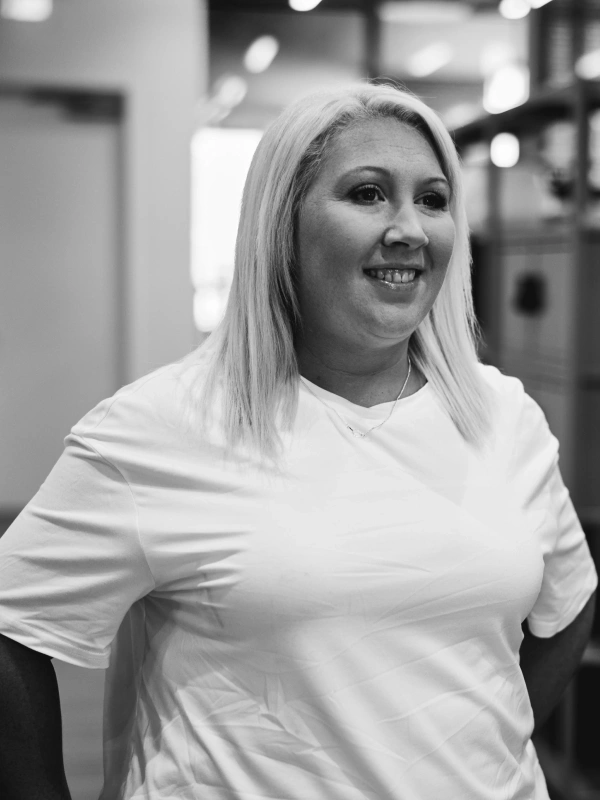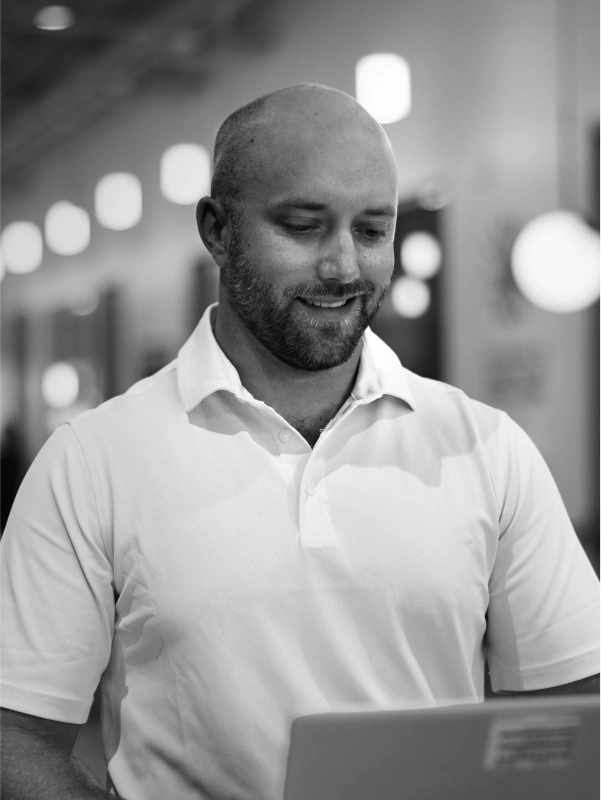Overview
The students get hands-on experience in improving processes within their companies, thereby creating added value for the enterprise and its customers. Graduates can put what they have learned into practice in their working lives. change2target helped to develop the curriculum and has been actively supporting it ever since.
The shortage of skilled workers is now one of the greatest challenges facing the German economy. One key to solving the problem is closer cooperation between universities and businesses. In addition to knowledge and technology transfer, the focus is on training and further education that is as practice-oriented as possible so as to truly serve the needs of companies. That is why many businesses are strengthening their ties with universities and vice versa.
Academia and business practice go hand in hand
change2target has been supporting professional development activities for a long time, and has partnered with Schmalkalden University of Applied Sciences on the two-semester program for business process managers. They developed the curriculum together, and change2target has been actively involved in teaching it ever since. The course targets up-and-coming managers and technicians with career experience, as well as logistics experts, quality managers and controllers. Many of them are responsible for processes in their everyday work.
The skills and knowledge taught in the program are some of the core competencies of change2target consultants: assessing business processes to check whether they are ultimately delivering benefits to the customer on the market – in other words, whether they create added value. The technical term for this is “customer-oriented value creation.” At its heart, it is less about checking which processes can be made more efficient and how to accomplish that, and more about asking questions like: Which processes are really providing benefits to customers and the company? Which tasks are unnecessary? Where are we losing time? How could we deploy our resources in a more results-oriented way? And ultimately, how can we implement processes more rapidly?
Methodological expertise: from Lean Management to Six Sigma
Stefan Fischer is a graduate of the program. He is now a managing director at System Air, a global ventilation technology specialist. When he enrolled at Schmalkalden, he already had many years of professional experience in the pharmaceutical industry. “Back then, I primarily wanted to understand how exactly I could improve business processes and get a grip on the best methods for doing so,” Fischer says. The program deepened his knowledge of methods and approaches such as lean management, supply chain management and Six Sigma. “The concepts are now central to my work,” Stefan Fischer says. “I can observe processes much more effectively and, above all, holistically and keep my company’s entire value creation chain in view.”
What process managers bring to their companies
Anyone who has worked in a company or organization of a certain size will be familiar with the problem of inefficient processes. A project stalls because of missing information, or quality defects mean that a project team has to go back a stage in the process, wasting time and other resources. Moreover, internal office politics can often disrupt an organization’s ambitious goals. Quite a few companies fail over the long term because of issues like these.
The idea behind the program is that well-educated process managers trained in a practice-oriented environment will alleviate situations like this. Their broad specialist and organizational expertise will enable them to recognize the value-adding processes within the company and help them implement and manage such processes using state-of-the-art information and communications technology. They will decide which processes make a difference to market success, which are unnecessary and which require improvement. The ultimate aim is greater profitability and productivity for the company.
Prof. Hubert Dechant is the academic head of the Centre for Continuing Education at the Schmalkalden University of Applied Sciences. He shares this conviction: “In order for companies to survive in the long term, they need competitive products. Usually, this only succeeds if they constantly work on their potentials and processes.”
From the lecture hall to the workplace: optimal studying conditions for working professionals
The idyllic town of Schmalkalden is located on the edge of the Thuringian Forest in the heart of Germany. Conditions are perfect for studying, with a compact campus, easy access to decision-makers, close contact between the teaching faculty and students, and practice-oriented courses. Small class sizes and one-on-one support are standard, while regular contact with businesses is guaranteed. The semester is split between independent study phases and regular on-campus phases, which encompass both teaching and examinations. Students who pass the examinations receive the sought-after certificate from the university. Today, Stefan Fischer looks back with fondness at his time in the program: “The block teaching approach enabled me to combine work and study very effectively.” He also remembers the great infrastructure and personal atmosphere. “We did a lot of work in small groups,” he says. “That created wonderful cohesion, both during and outside of the on-campus periods.”
You can find more information on the Business Process Manager program here.











